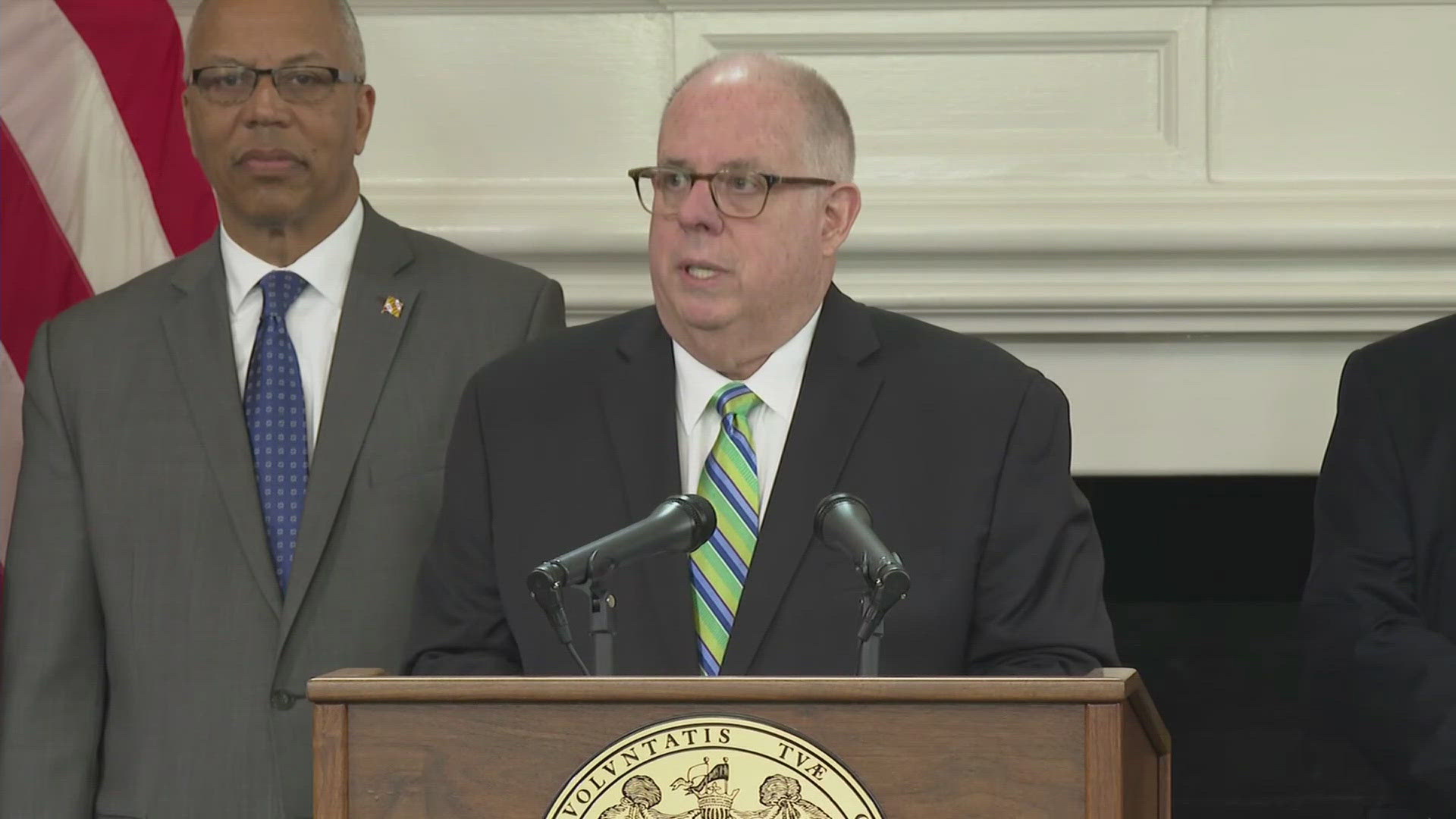WASHINGTON -- On Tuesday, June 19, D.C. voters are going to the polls and will be asked to vote YES or NO on Initiative 77.
Why does it matter to me?
Initiative 77 is going to affect approximately 6 million Americans who live off of tips, and it includes more than just restaurant and bar employees. It would affect other businesses such as nail salons, hair salons, parking lot attendants, and bellhops.
What is it?
The ballot is an effort to get rid of the tipped minimum wage in the District. Currently, tipped workers' minimum wage is $3.33 per hour in D.C. and the passing of the ballot would raise it to $12.50.
D.C. allows employers to pay tipped workers less than the minimum wage with the expectation that they will make it up with untaxed tips. If they fail to make minimum wage with tips, employers are expected to cover it.
What are the potential benefits?
Organizations such as Restaurant Opportunity Center United that are promoting the passing of the ballot, states that the ballot aims to close the gap of tipped workers who are still being underpaid.
While restaurant and bar employees tend to earn more than minimum wage through tips, the other tipped workers may not earn as much. And if the employee does not earn minimum wage through tips, and fails to ask their employer for compensation, they do not get it.
Underpaid employees may not ask because 51% of restaurant works are foreign-born so their voices may not be loud, or they may not understand the language or their rights, says Diana Ramirez, the Deputy Co-Director of ROC United.
The legislation stands up for people of color, women, and immigrants who are the majority of those affected.
What are the drawbacks?
However, there has been backlash with the new ballot. Organization Save Our Tips rallies against it saying that it might actually reduce workers' pay because employers might implement a mandatory service fee with the rising of prices to compensate for the increased wage cost.
It would be up to the consumers to decide whether they will pay these new costs and tip normally.
Since the proposed legislation would increase payroll costs, small businesses may not be able to finance the increased costs, leading to the loss of jobs and shut down of businesses.
Restaurants would become riskier investments due to this and first-time business owners may face more challenges with opening their business.



